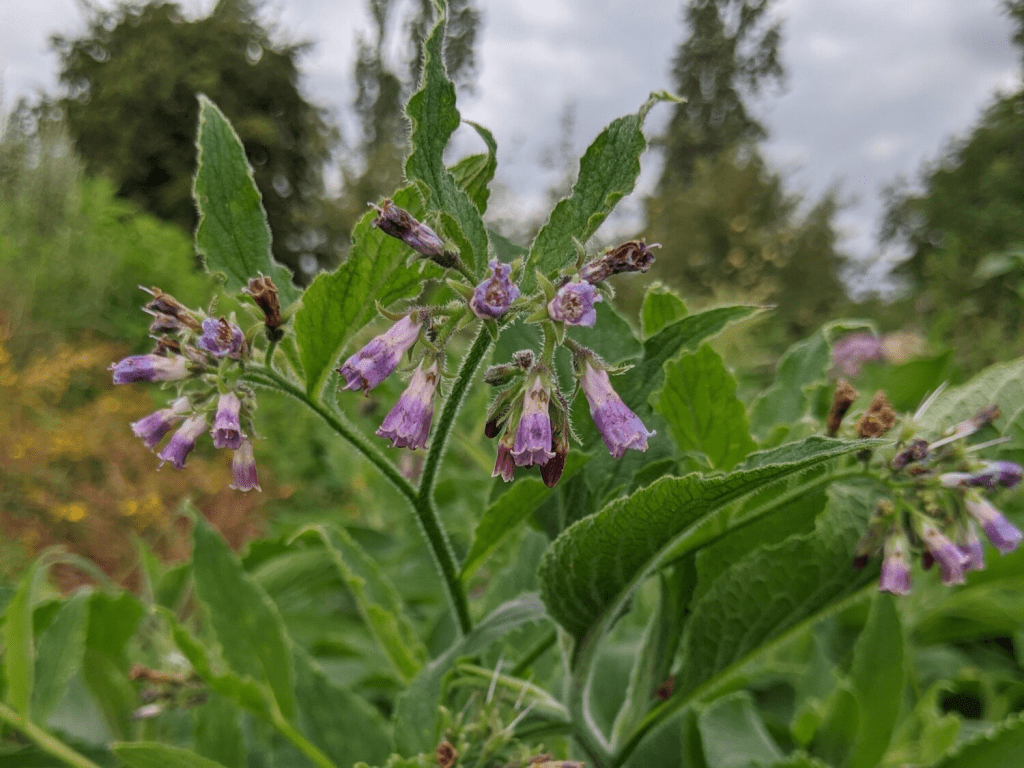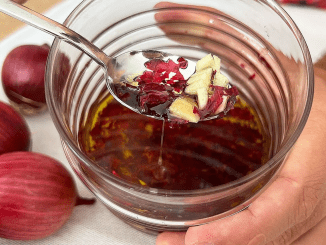Herbal supplements have gained a reputation for being natural solutions to various health issues. But while they can offer benefits, they are not always risk-free, particularly for your liver. As the organ responsible for detoxifying your body, the liver is vulnerable to damage from certain herbal compounds. In this article, we’ll examine five herbal supplements that may pose a threat to liver health and explore why it’s essential to approach these natural remedies with caution.

Understanding the Risks of Herbal Supplements
Unlike pharmaceutical drugs, herbal supplements aren’t subjected to the same rigorous testing and regulations. This lack of oversight can lead to contamination, incorrect dosages, and even harmful interactions with other medications. Just because something is “natural” doesn’t mean it’s completely safe. It’s important to be informed about these risks before incorporating any supplement into your wellness routine.
How the Liver Functions and Why It’s Vulnerable to Damage
The liver plays a crucial role in your body’s overall health, processing everything you ingest. It breaks down nutrients, produces bile, and filters out toxins from the bloodstream. However, the liver’s function of metabolizing substances can make it vulnerable to damage, especially when exposed to harmful compounds over time. Some herbal supplements, while beneficial in certain cases, contain ingredients that can stress the liver or create toxic byproducts, leading to inflammation, scarring, or even liver failure.
1. Green Tea Extract – Popular but Potent
Green tea extract is widely recognized for its antioxidant properties and is commonly used for weight loss. However, in its concentrated form, green tea extract can be more potent than expected. High doses have been linked to liver toxicity and, in severe cases, acute liver failure.
Why Green Tea Extract Can Be Dangerous
While drinking green tea is generally safe, taking green tea extract in supplement form can expose the liver to concentrated amounts of catechins, which can build up in the body and cause liver cell damage. Using green tea extract should always be done with caution, particularly for those with preexisting liver conditions.
Tip: Stick to moderate, recommended doses, and consult a healthcare professional before using green tea extract supplements.
2. Kava – The Ancient Relaxant with a Dark Side
Kava is a traditional herb used for its calming effects, helping reduce anxiety and promote relaxation. However, evidence has shown that kava can cause serious liver damage. In fact, it has been restricted or banned in several countries due to concerns about its hepatotoxicity.
The Risks of Kava on Liver Health
Kava contains compounds called kavalactones, which can interfere with liver function. Continuous or high-dose consumption can lead to liver inflammation, hepatic necrosis, and even liver failure. For those considering kava, it’s crucial to weigh the potential risks against its calming benefits.
Tip: Avoid daily use, and monitor for any signs of liver stress if you decide to try kava as a natural remedy for anxiety.
3. Comfrey – Traditional Healing Herb with Toxic Risks
Comfrey has a long history of use for wound healing and reducing inflammation. However, comfrey contains pyrrolizidine alkaloids (PAs), which are highly toxic to the liver. Ingesting comfrey, especially over a prolonged period, can lead to veno-occlusive disease, a condition where the liver’s blood vessels become blocked, causing severe liver damage.

Why Comfrey is Risky for the Liver
Pyrrolizidine alkaloids are known to damage liver cells, and over time, they can cause scarring and even cirrhosis. Comfrey products are often restricted or labeled with warnings, but it’s best to avoid them entirely for internal use.
Tip: Use comfrey only as a topical treatment, and avoid consuming it in any form to protect your liver.
4. Black Cohosh – Menopause Relief with Potential Liver Consequences
Black cohosh is a popular herbal supplement for alleviating menopausal symptoms like hot flashes and mood swings. However, there have been numerous cases linking black cohosh to liver toxicity, including instances of hepatitis and liver failure. The exact cause remains uncertain, but it’s believed that high doses or prolonged use may contribute to the risk.
How Black Cohosh Affects the Liver
Though the precise mechanism isn’t fully understood, some researchers suspect that certain compounds in black cohosh may impair liver function, especially when combined with other medications or supplements. Women considering black cohosh should be particularly cautious and seek medical advice.
Tip: Limit use to short periods and monitor your body’s reaction to black cohosh, especially if you have a history of liver issues.
5. Chaparral – Detox Agent with Dangerous Side Effects
Chaparral is marketed as a powerful detoxifying agent. However, it carries significant risks to liver health, with compounds that can lead to liver inflammation, toxicity, and even irreversible liver damage.

The Dangers of Chaparral for Liver Health
Chaparral contains nordihydroguaiaretic acid (NDGA), which has been shown to cause liver damage in both humans and animals. NDGA can lead to liver inflammation and compromise liver cells, making it an extremely risky choice for those looking to cleanse their system.
Tip: Avoid chaparral in all forms, as the risks far outweigh any potential detoxifying benefits it might offer.
Warning Signs of Liver Damage
Liver damage can often progress unnoticed until symptoms become severe. Early warning signs include fatigue, nausea, loss of appetite, and jaundice (yellowing of the skin and eyes). In more advanced cases, symptoms may include severe abdominal pain, swelling, confusion, and dark urine. If you notice any of these signs while taking an herbal supplement, stop use immediately and seek medical attention.
Consulting Healthcare Professionals Before Starting New Supplements

Before adding any new supplement to your routine, it’s essential to consult with a healthcare provider. This is especially important if you have preexisting health conditions, take other medications, or are prone to liver issues. A healthcare professional can guide you through potential risks, suggest safer alternatives, and help you avoid dangerous interactions.
Safer Alternatives and Preventative Measures
The best way to protect your liver from unnecessary harm is to be informed and cautious. Consider lifestyle changes like a balanced diet, regular exercise, and mindfulness practices for health and wellness. If you’re seeking herbal remedies, opt for those with a long-standing safety record and choose products from reputable brands.
In some cases, pharmaceutical options may provide more predictable outcomes and undergo rigorous testing for both safety and efficacy. Ultimately, making well-researched, informed decisions is key to maintaining your liver health.
Conclusion: Balancing the Benefits and Risks of Herbal Supplements
Herbal supplements can offer natural solutions to various health issues, but they also come with risks—particularly for the liver. By understanding the potential dangers of certain herbs like green tea extract, kava, comfrey, black cohosh, and chaparral, you can make safer choices for your health. Always consult with healthcare professionals, prioritize well-researched alternatives, and be cautious when trying new herbal products. Your liver plays a critical role in your overall wellness, so take care to protect it from avoidable harm.


